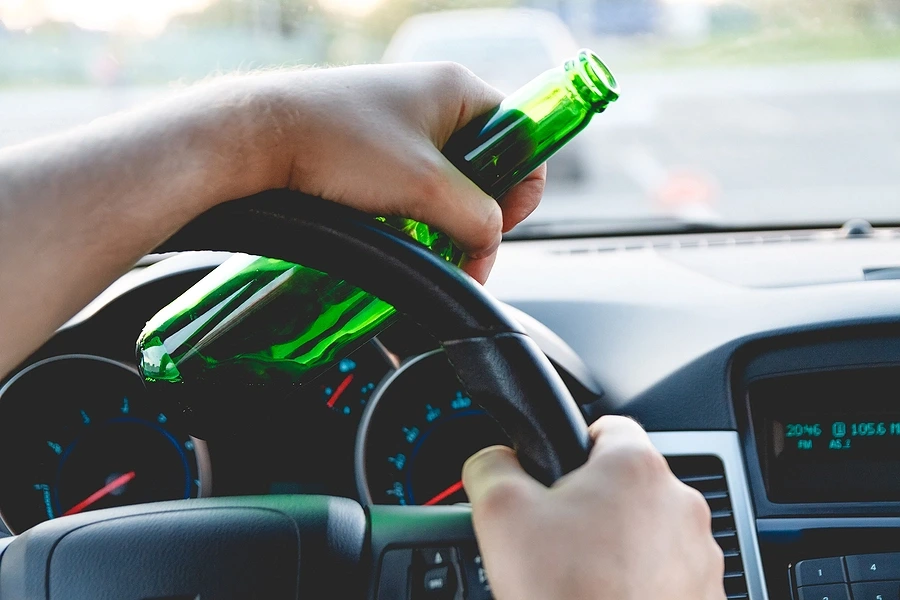Dram Shop Laws: Ensuring Accountability for DUI-Related Incidents

In South Carolina, the ramifications of driving under the influence (DUI) extend beyond the individual behind the wheel. When alcohol-related accidents occur, accountability often extends to the establishments that served the alcohol. Understanding South Carolina’s dram shop laws is crucial for both patrons and proprietors alike, as these laws aim to hold establishments accountable for their role in DUI accidents.
Dram shop laws, which vary from state to state, impose liability on establishments, such as bars, restaurants, and liquor stores, that serve alcohol to visibly intoxicated individuals or minors who subsequently cause injury or harm to others. These laws serve as a deterrent against over-serving alcohol and promote responsible alcohol service practices within the hospitality industry.
In South Carolina, dram shop liability extends to situations where an establishment knowingly serves alcohol to a person who is noticeably intoxicated or underage. If the intoxicated individual then causes an accident resulting in injury or property damage, the establishment may be held liable for their actions. This legal responsibility underscores the importance of exercising caution and discretion when serving alcohol to patrons.
It’s essential for establishments to recognize the signs of intoxication and refrain from over-serving patrons who exhibit these signs. Training staff members to identify signs of intoxication, such as slurred speech, impaired coordination, and excessive drinking, can help prevent over-service and mitigate the risk of DUI-related incidents.
Moreover, South Carolina’s dram shop laws also hold establishments accountable for serving alcohol to minors. Any establishment that knowingly serves alcohol to individuals under the legal drinking age can face legal repercussions if those minors subsequently cause harm or injury to others. Strict adherence to age verification protocols and refusing service to underage individuals are essential steps in preventing liability under dram shop laws.
For victims of DUI-related accidents, South Carolina’s dram shop laws provide a legal recourse to pursue compensation for their injuries and losses. Holding establishments accountable for their role in these incidents not only provides financial restitution to victims but also sends a clear message about the importance of responsible alcohol service.
However, it’s crucial to note that establishing liability under dram shop laws can be complex. Gathering evidence, proving that the establishment served alcohol to an intoxicated individual or minor, and demonstrating a direct link between the over-service and the subsequent accident require legal expertise and thorough investigation.
If you or a loved one has been injured in a DUI-related accident involving over-service of alcohol, seeking legal representation from experienced personal injury attorneys is essential. These attorneys can assess the circumstances of the accident, gather evidence, and navigate the legal process to hold the responsible establishment accountable and secure compensation for your damages.
Conclusion
Understanding South Carolina’s dram shop laws is vital for promoting accountability and preventing DUI-related accidents. By holding establishments accountable for over-serving alcohol and serving minors, we can help ensure safer communities and reduce the incidence of alcohol-related harm. Compliance with these laws not only protects patrons but also upholds the integrity of South Carolina’s hospitality industry.
